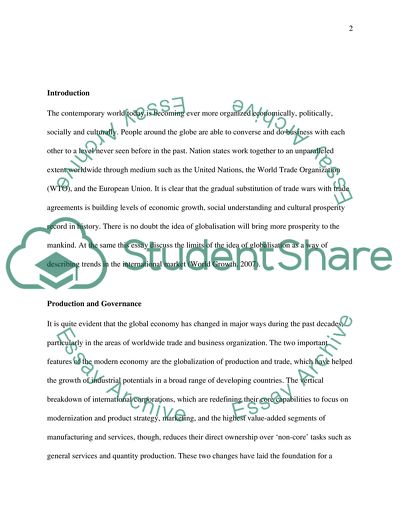Cite this document
(“International Production and Governance Essay Example | Topics and Well Written Essays - 1500 words”, n.d.)
International Production and Governance Essay Example | Topics and Well Written Essays - 1500 words. Retrieved from https://studentshare.org/social-science/1538970-international-production-and-governance
International Production and Governance Essay Example | Topics and Well Written Essays - 1500 words. Retrieved from https://studentshare.org/social-science/1538970-international-production-and-governance
(International Production and Governance Essay Example | Topics and Well Written Essays - 1500 Words)
International Production and Governance Essay Example | Topics and Well Written Essays - 1500 Words. https://studentshare.org/social-science/1538970-international-production-and-governance.
International Production and Governance Essay Example | Topics and Well Written Essays - 1500 Words. https://studentshare.org/social-science/1538970-international-production-and-governance.
“International Production and Governance Essay Example | Topics and Well Written Essays - 1500 Words”, n.d. https://studentshare.org/social-science/1538970-international-production-and-governance.


